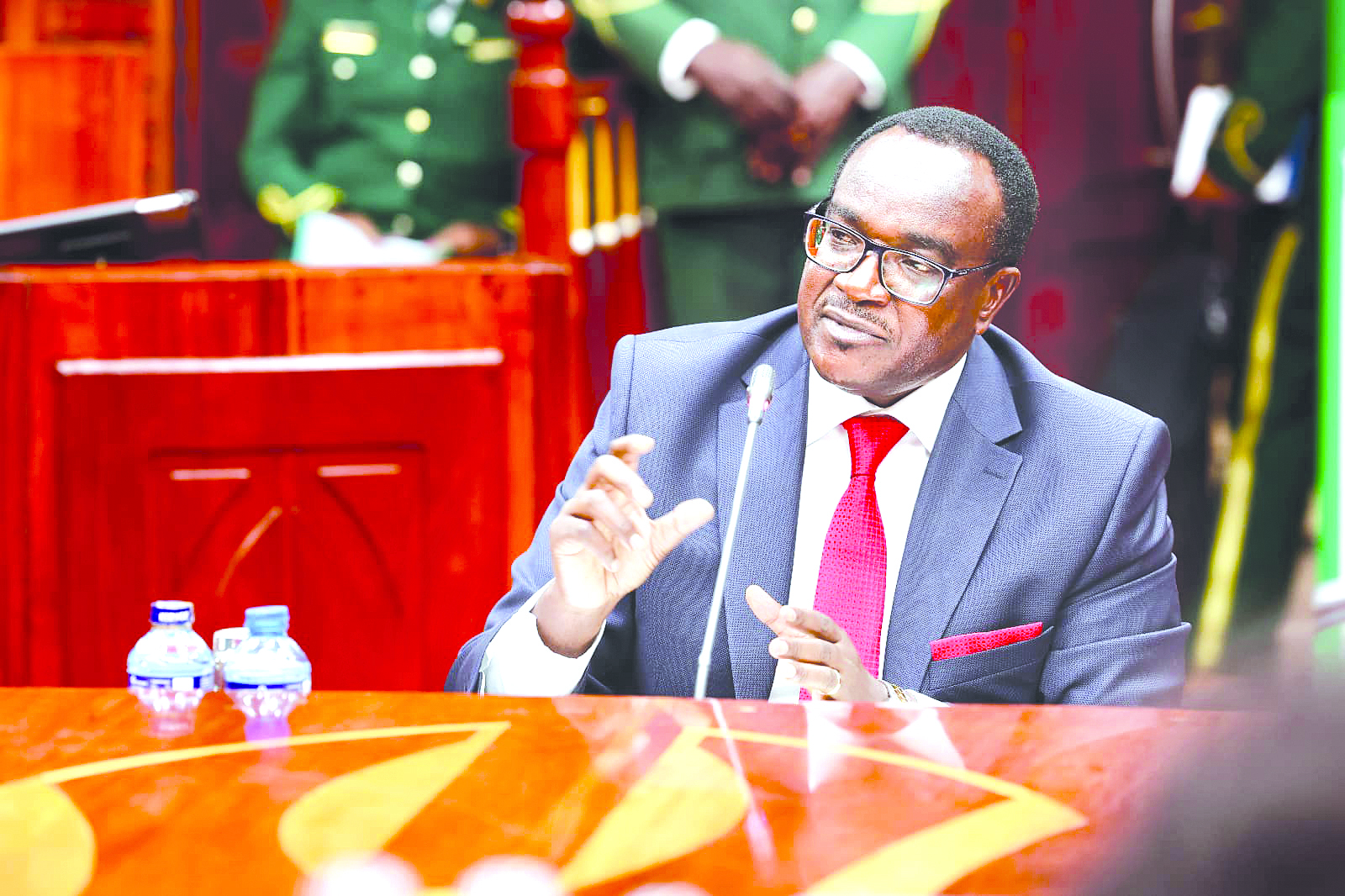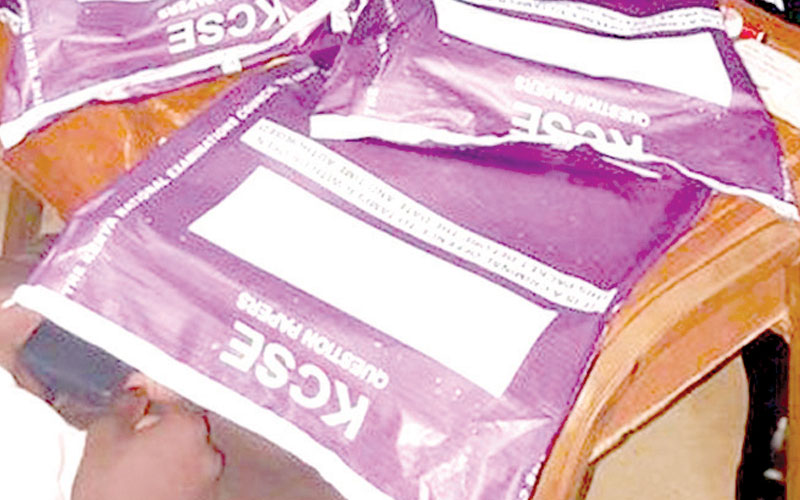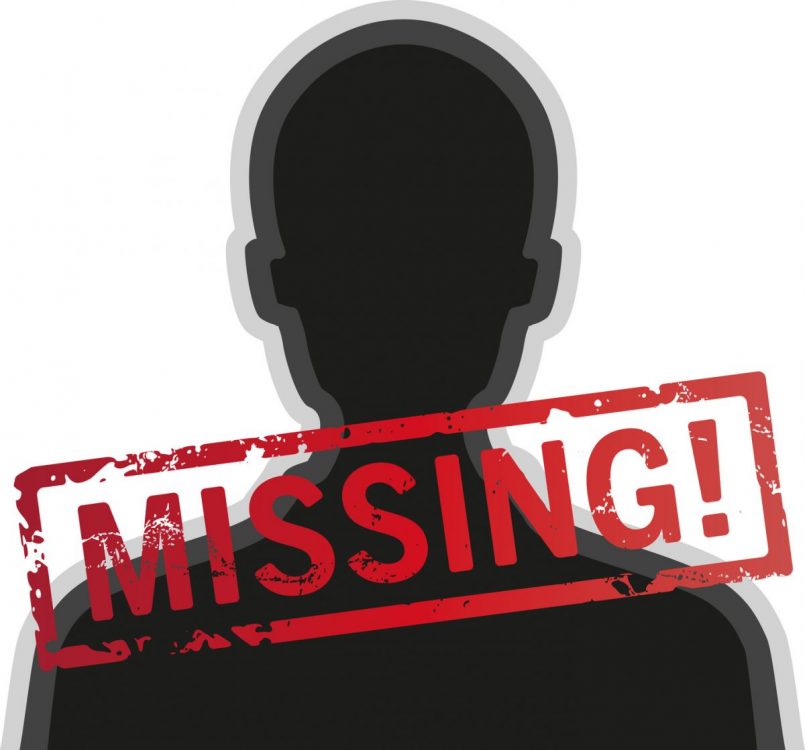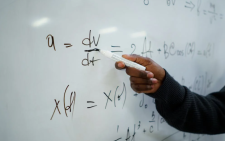Cheating clouds cheers over KCSE results

The 2024 KCSE examination results were released recently, marking a significant moment for the 962,512 candidates who sat the tests. However, the celebrations and disappointments that usually accompany this day were overshadowed by allegations of widespread exam malpractices that have raised questions about the integrity of the process.
Speaking when he released the results on January 9, Education Cabinet Secretary Julius Ogamba acknowledged public concerns about the persistent challenge of examination cheating.
He said 840 candidates were involved in examination malpractices in the 2024 KCSE, while the results of 2,829 candidates suspected of involvement in irregularities were withheld.
He lamented that some professionals and teachers were “ruining the future of our learners” through cheating.
As a country, we must ask ourselves several critical questions to provide a framework for addressing the issue of KCSE examination cheating. These questions would explore possible solutions for a fairer and more credible examination process, ahead of its phase-out in 2027.
On policy and regulation: Who perpetrates these irregularities? How is it propagated? What loopholes in the current examination administration process allow cheating to occur? How effective are the measures put in place by KNEC and the Ministry of Education to prevent cheating?
With regard to accountability: What specific actions will be taken against schools and individuals found guilty of facilitating exam malpractices? How will the government ensure innocent candidates are not unfairly penalised during investigations? Are the penalties for cheating stringent enough to deter potential offenders?
Implementation of reforms prompts the questions: How can technology be better leveraged to prevent and detect cheating during exams? Should the Ministry of Education consider decentralising the examination process to reduce vulnerabilities? What role should parents, teachers, and school administrators play in addressing cheating?
In terms of impact: How does the withholding of results affect innocent students caught up in cheating scandals? What are the long-term effects of exam cheating on Kenya’s education standards and reputation? How can the stigma associated with withheld results be addressed, especially for students cleared of wrongdoing?
Regarding societal and systemic pressures: To what extent does societal pressure to perform well in national exams contribute to cheating? Are schools overemphasising exam results at the expense of ethical behaviour and integrity? How can the government address the broader issue of inequality in resource allocation, which may push underfunded schools to resort to malpractices?
On long-term solutions: Should Kenya transition to a more holistic system of student assessment rather than relying heavily on exams like the KCSE? How can stakeholders work together to create an ethical culture in schools and the education system as a whole? What lessons can Kenya learn from other countries that have faced similar challenges with exam malpractices?
Exam irregularities are mainly orchestrated by unscrupulous school principals and subject teachers, seeking undeserved promotions by falsely portraying high performance.
Addressing these issues requires an approach that includes stricter enforcement of policies, technological innovations, and a shift toward holistic student assessment to reduce the high stakes associated with national exams. Transparency, accountability, and collaboration among all stakeholders are vital in restoring public trust and safeguarding the integrity of the examination process.
— The writer is a Professor of physical chemistry at the University of Eldoret













